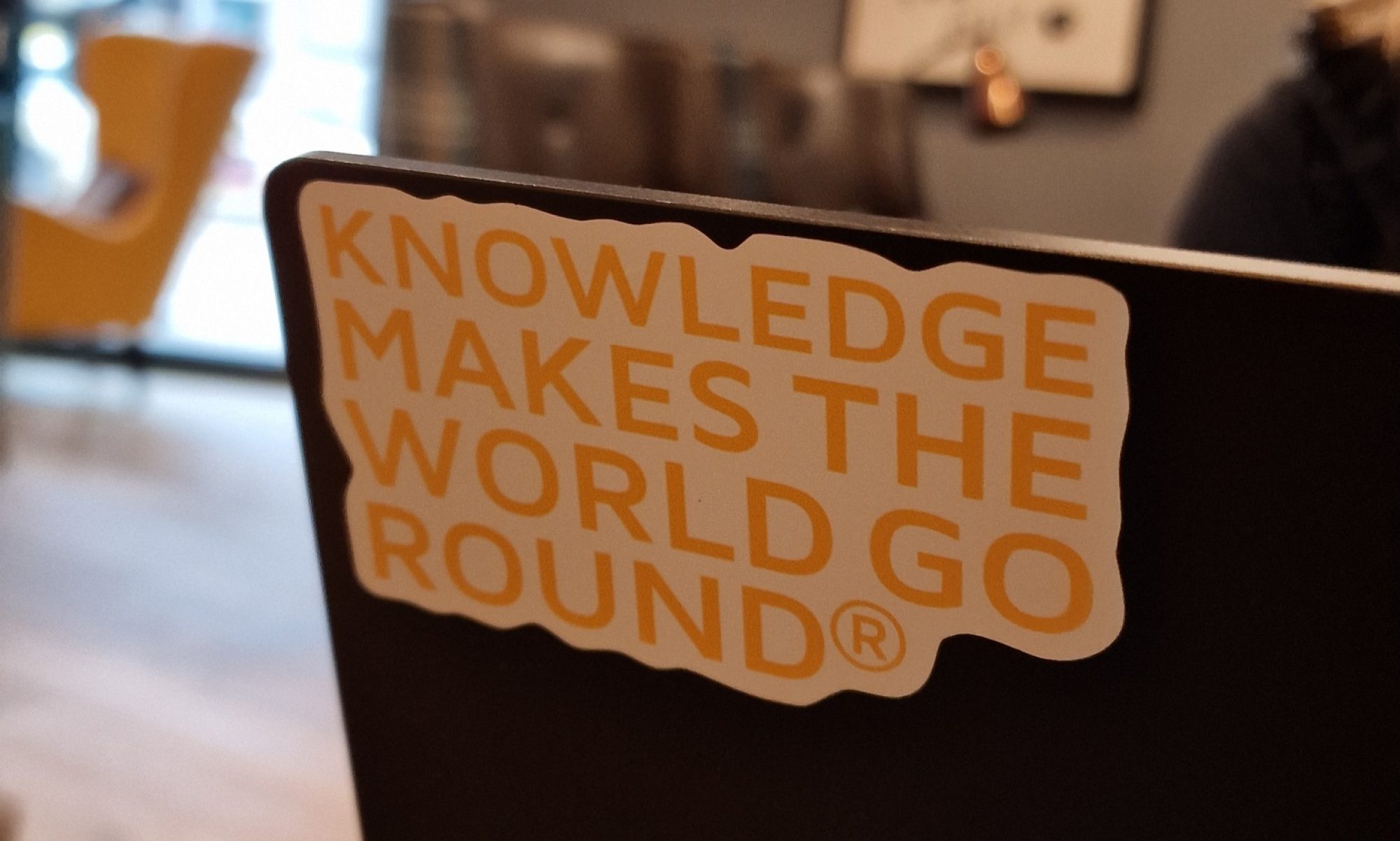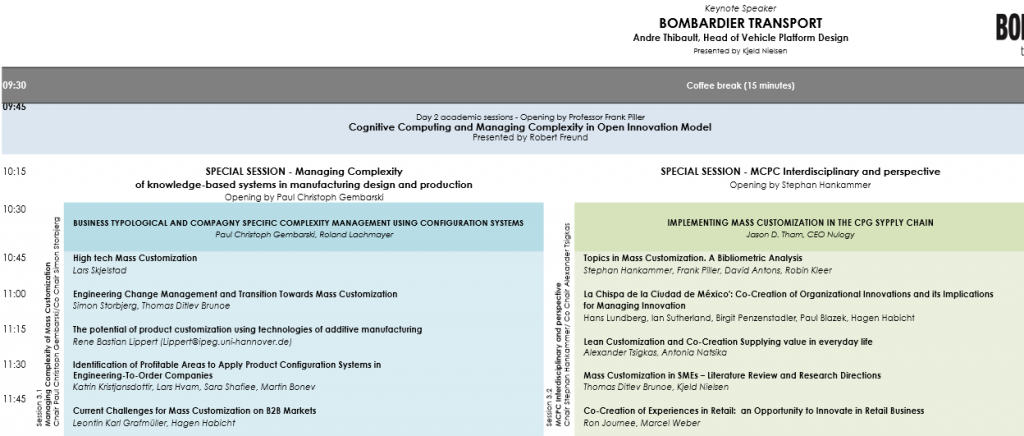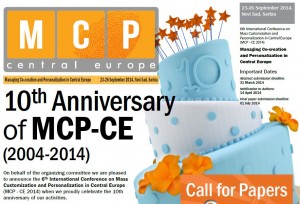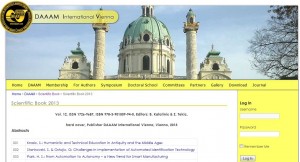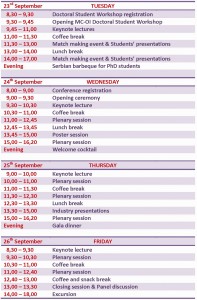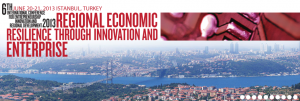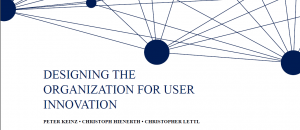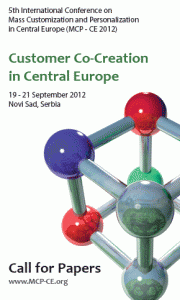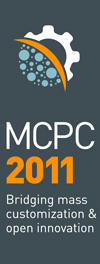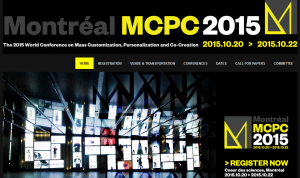 Die MCPC 2015 World Conference on Mass Customization, Personalization, and Co-Creation hat den Schwerpunkt „Managing Complexity“, und wird vom 20. bis 22.10.2015 in Montréal/Kanada stattfinden. Zum ersten Konferenztag habe ich schon einen Blogbeitrag geschrieben, nun möchte ich auf den zweiten Tag eingehen. Wie dem Konferenzprogramm (PDF) zu entnehmen ist, startet der zweite Konferenztag mit einer interessanten Keynote von Bombardier Transport.
Die MCPC 2015 World Conference on Mass Customization, Personalization, and Co-Creation hat den Schwerpunkt „Managing Complexity“, und wird vom 20. bis 22.10.2015 in Montréal/Kanada stattfinden. Zum ersten Konferenztag habe ich schon einen Blogbeitrag geschrieben, nun möchte ich auf den zweiten Tag eingehen. Wie dem Konferenzprogramm (PDF) zu entnehmen ist, startet der zweite Konferenztag mit einer interessanten Keynote von Bombardier Transport.
Daran anschließend werde ich mein Paper Cognitive Computing and Managing Complexity in Open Innovation Model vorstellen. Nach meinem Vortrag geht es in die verschiedenen, themenbezogenen Sessions. Darüber hinaus laufen noch parallel zu den Sessions verschiedene Workshops zu Co-Creation and Open Innovation, Open innovation – Living Lab and Fab Lab. Ich freue mich auf die Konferenz, meinen Vortrag und auf die vielen Teilnehmer! Siehe dazu auch Konferenzen und Veröffentlichungen.
